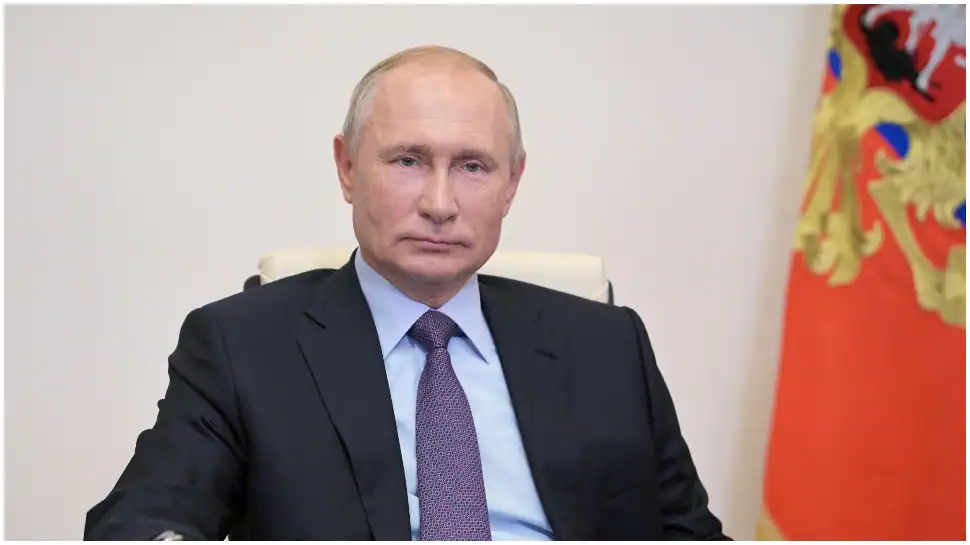By Manasvi Srivastava
Two wars of the past hundred years have occupied the collective memory of mankind while leaving their mark on the institutions governing world trade. The first war was the second world war after which, among other things, the General Agreement on Tariffs and Trade (GATT) came into being. The GATT signed in 1947 was a contract, binding signatory nations to its articles that defined fair and to an extent free, trade. Then came the ‘Cold War’, an extended period of simmering hostilities between two ideologically opposed camps. Soon after the cold war ended, the World Trade Organization (WTO) came into being in 1995. It seems that every period of large-scale conflict or extended disruption of peace was followed by institution building for international trade. After all, nations in addition to waging war, also trade with each other. After being exhausted with one activity, it seems they wanted to indulge in the other and for that they needed rules. Rules of trade needed institutions to implement them and that is how we have the WTO of today.
As world trade aided by technological advances, leveraged the rules-based trade order, manufacturing and supply chains became increasingly globalised in the past three decades. In a typical supply chain of today, raw materials and components are sourced from multiple locations spanning different countries; the final assembly could happen somewhere else while the products may be distributed through multiple regional hubs. Transparent rules of valuation, classification, tariffs, origin, and non-tariff restrictions, ensure that the economics of movement of inputs, intermediates and finished goods are predictable to a large extent.
Wartime disruptions and post-war realignment
With the ongoing war in Europe, disruptions in the supply of goods ranging from inputs for semiconductor chips to foodgrains, are being felt and could exacerbate soon. Fossil fuel disruption does not count as the current disruption may take us closer to freedom from fossil fuel dependence. However, for other products that are crucial for the modern world, there may need to be some hard thinking on supply chains. Building sufficient redundancy of supplier countries/ regions, while taking into account tariff costs, free trade agreements and non-tariff barriers for sourcing of inputs would become essential. A multiplicity of supplier regions may need to be maintained by manufacturers and traders, despite differing costs across them, so as to mitigate the possibility of disruption due to geo-politics or armed conflicts.
Post-War Trade Institutions
A more important change after the current war, however, could take place in the institutions of rules-based trade. Firstly, the paralysis of legal-judicial bodies of international trade is expected to be remedied. Economic actions taken by countries as the current war progresses would create disputes that cannot be easily settled in national courts. Two significant non-military actions increasingly resorted to by nations that take sides in conflicts, are prohibitions on certain kinds of transactions, prohibitions on dealings with named entities and denial of Most Favoured Nation treatment. Such actions are permitted under Article XXI of GATT on grounds of national security and are justiciable under the dispute resolution system of WTO. Expectedly, the countries impacted by such actions would question the legitimacy of the same.
It is in such situations that the lost opportunities of the past, wherein international institutions were stymied without realising the long-term consequences of the same, could come back to haunt the international community. As on date, many trade disputes lie unaddressed, as some years back the WTO appellate forum became non-functional due to non-appointment of members. As a result, appeals against decisions of the disputes panel have not been decided for years together. While many members have expressed the desire to get the appellate system back up and running, at a ‘pragmatic’ level many nations did not seem to mind the appellate body staying non-functional. It is possible that the post war period may see some of this addressed.
Another area of change could be a movement away from the consensus approach to decision making in institutions of trade, where foundational agreements permit decisions by a majority or a supermajority. This could become likely in situations where sharp divisions of views exist between member nations, as the current conflict in Europe is demonstrating.
Globalisation versus Regionalisation:
Another area of trade that could undergo a change is the balance between globalisation and regionalisation. While the main instrument of economic globalisation, the WTO has been extending its wings, a parallel trend of countries signing preferential trade agreements in regional groupings, has also been gathering pace. Some states openly prefer such regionalisation over globalisation even though the former would weaken the global rules-based trading system. Regional groupings cannot be replacements for global institutions firstly for the reason that different regions become competing entities and inward-looking groupings of trade. Another shortcoming of regionalisation is the lack of sufficient capacity for enforcement of mutually agreed rules. Development of such enforcement capacity is not easy especially when one nation can belong to multiple groups through economic unions or trade agreements. On the contrary, a global body can exercise greater authority by deploying the instruments of international trade law distilled from multilateral agreements. However, if decision making within the WTO and similar economic bodies moves away from a consensus approach, it is possible that regionalisation becomes a fallback option for countries that do not agree with majority decisions at multilateral institutions.
While businesses act to secure their supply chains and markets in a conflict prone world, their interactions with nation states could redefine the concept of narrow national interest. As things evolve, one hopes that the principles of fairness and freedom end up getting primacy above economic nationalism, thereby strengthening international institutions and rule of law in economic interactions between nation states.
(Manasvi Srivastava is Partner – Trade and Customs, KPMG in India. The views expressed are author’s own and and do not reflect the official position or policy of Financial Express Online.)















